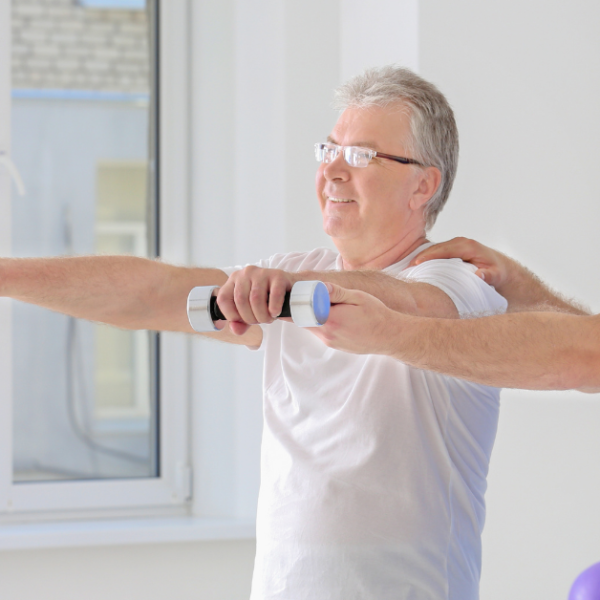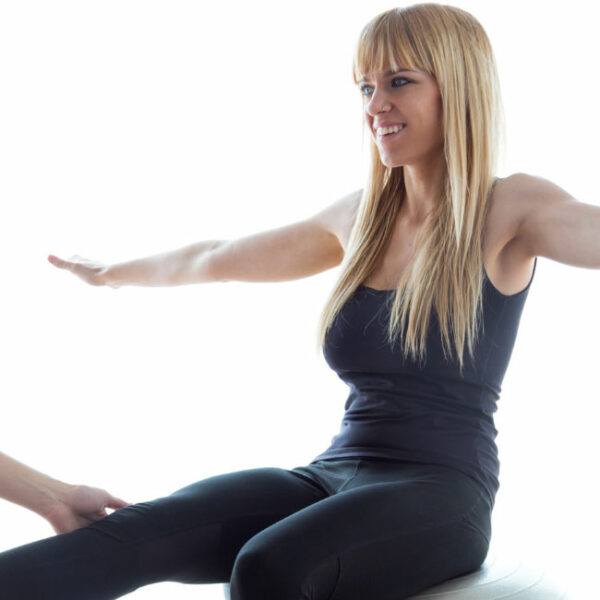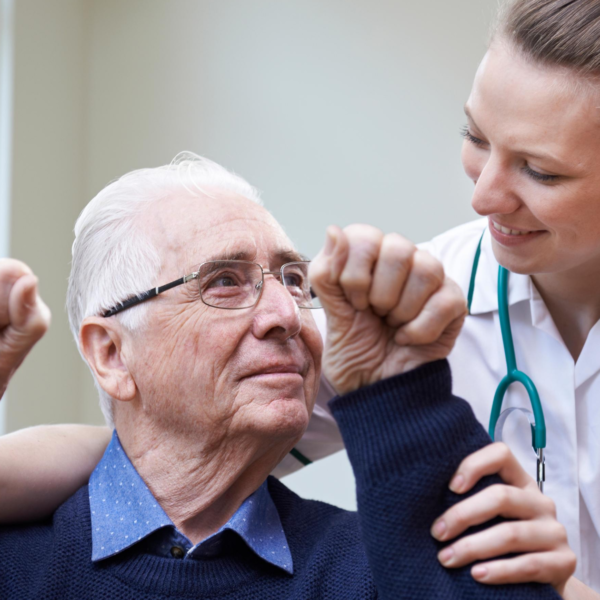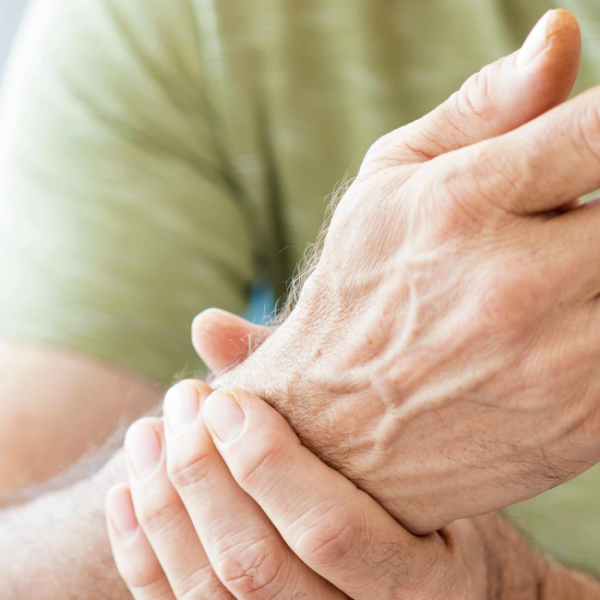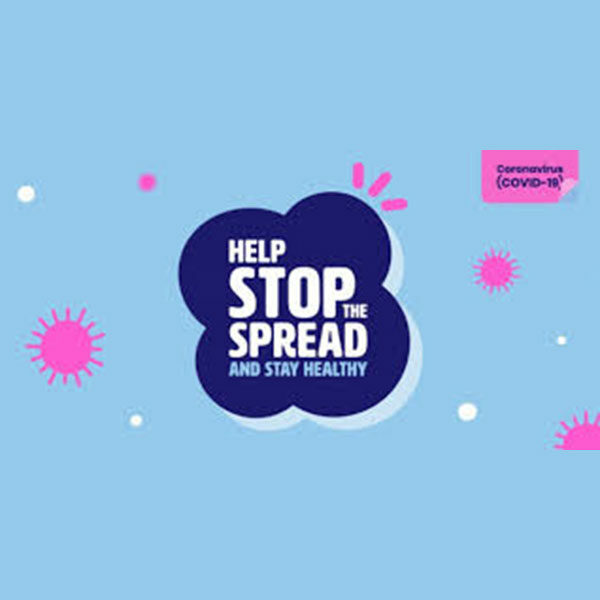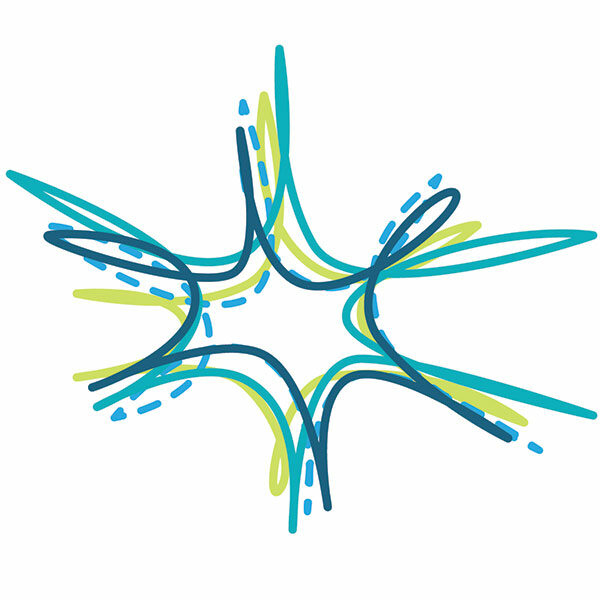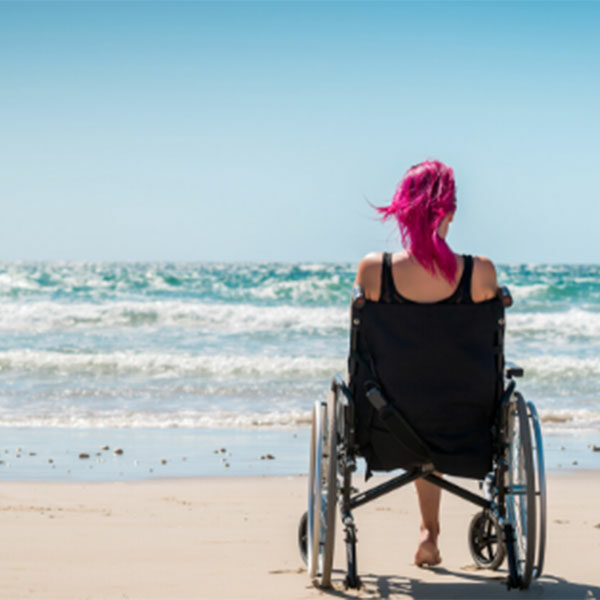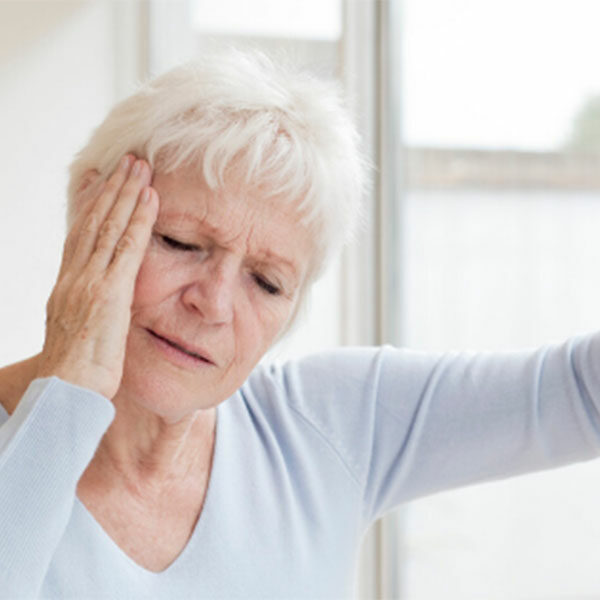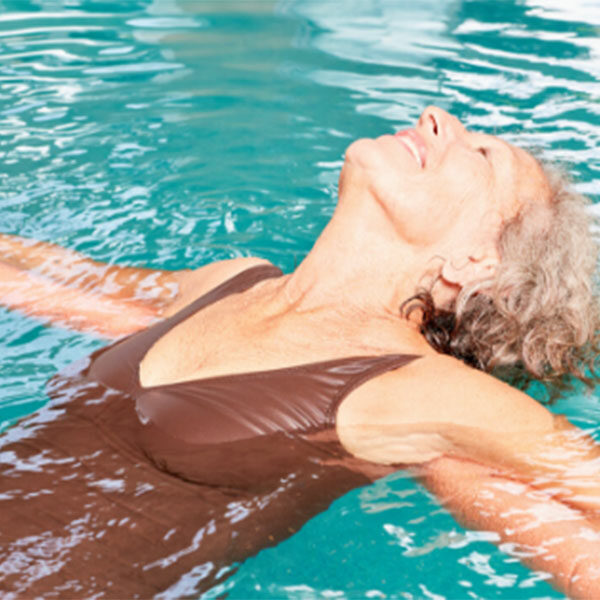Strength Training with a Neurological Condition
Some of your muscles may be very weak in the aftermath of a stroke. That can make it frustratingly difficult to get up from a chair, for example, or do other everyday tasks. Strength training can help you to build stronger muscles. But it has to be done in careful, targeted ways to ensure that…
read more

